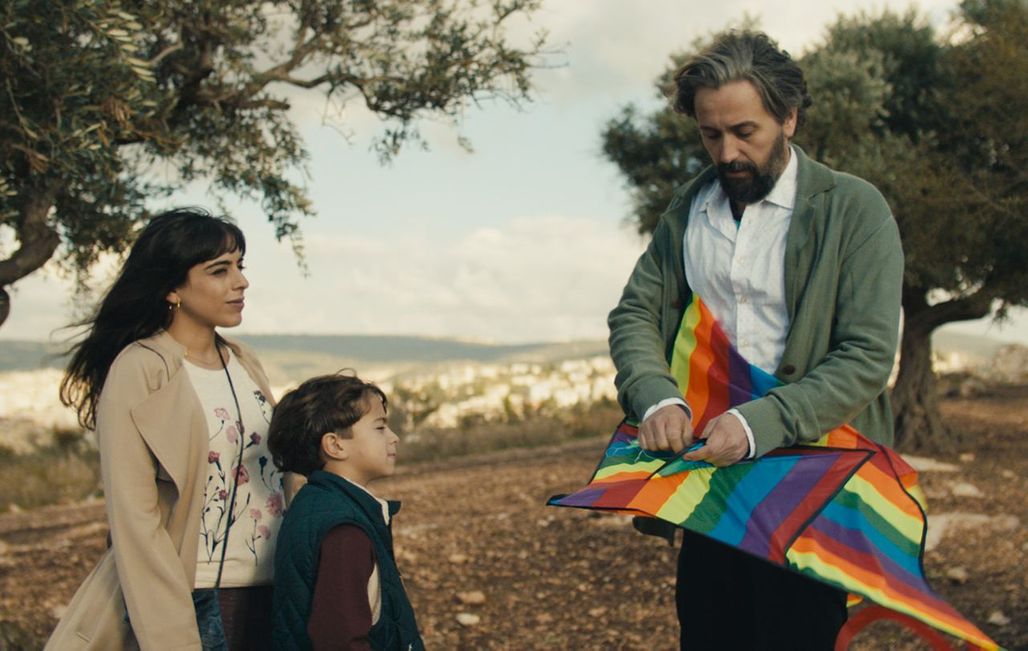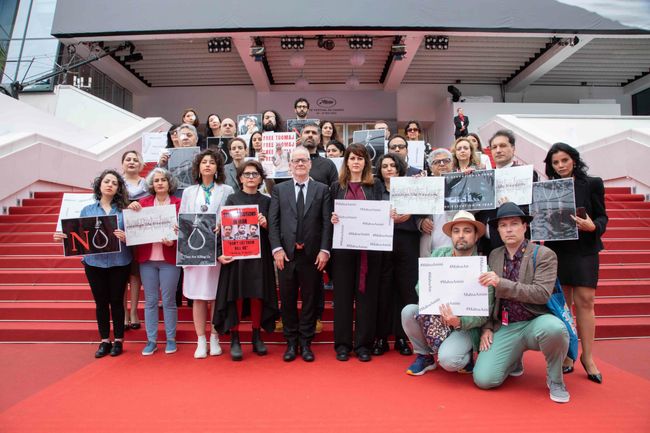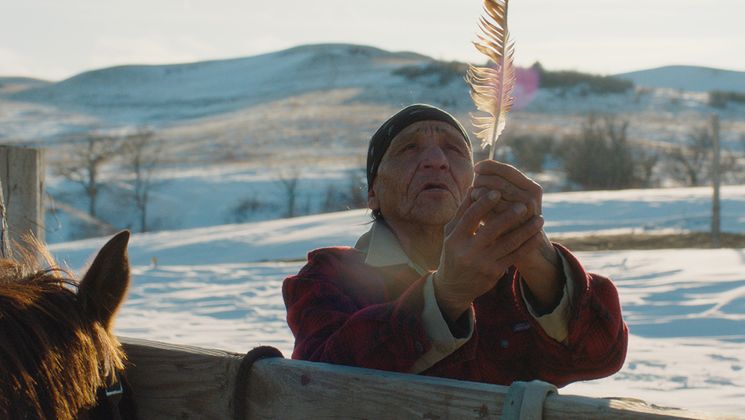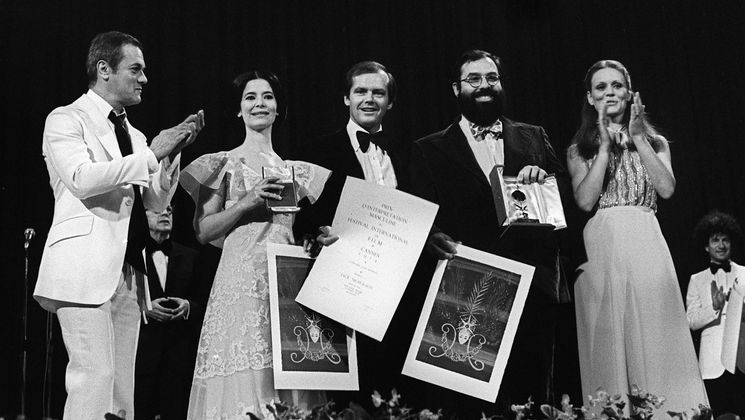
Life in totalitarian Iran in the satirical Ayeh Haye Zamini (Terrestrial Verses)

The Festival is showcasing the films and careers of two Iranian female directors. Ali Asgari has twice participated in the Short Films Competition with Il Silenzio (The Silence) (2016) and Bishtar Az Do Saat (More than Two Hours) (2013), while Alireza Khatami counts herself among the winners of the Résidence of the Cinéfondation in 2012 for Les Versets de l’oubli (Oblivion Verses). The two directors combine their expertise in Ayeh Haye Zamini (Terrestrial Verses), presented in Un Certain Regard.
Daily life in Iran through nine stories. Ayeh Haye Zamini (Terrestrial Verses) portrays men, women, and children in apparently mundane situations in which the absurd comes to disrupt everything.
The film was inspired by an evening stroll taken by Khatami and Asgari. When Katami had the shooting of his film cancelled because he didn’t have proper authorisation from the regime, Asgari accompanied him out one evening. Both read Iranian poetry. “We both noticed this technique typical of Farsi poetry,” Alireza Khatami explained to Variety, “One person expresses themselves in a verse, and another person does the same in the next verse. It’s thus a form of dialogue.”
In addition to this formal inspiration, the two directors shared absurd anecdotes experienced by their friends and relatives. Writing the screenplay didn’t take long, and shooting began two weeks later. There are two parts to the film. The first part takes place before the Women, Life, Freedom movement, and the other during the movement itself, which helped nurture the project.
Through these slices of life, Ayeh Haye Zamini (Terrestrial Verses) focuses on what fetters the Iranian population. “It was important for us to address the totalitarian system that control the lives of individuals,” Ali Asgari explains, “This starts with the body politic and everything related to it; “the clothes, the food, the way you can walk or sit down, etc.,” Alireza Khatami adds.
On Sunday, 21 May, the red carpet welcomed thirty prominent Iranian women who came to support the independent Iranian female directors as well as the Women, Life, Freedom movement. Actress Zar Amir Ebrahimi, who won the Best Actress Award in 2022, was on hand for the occasion.



